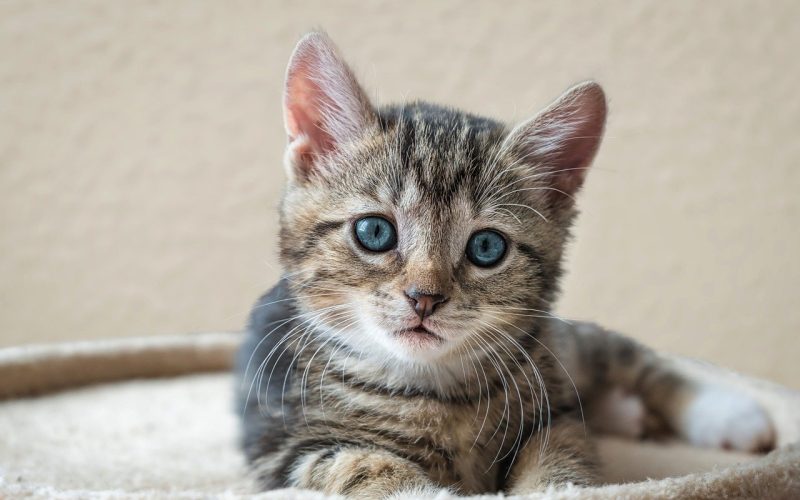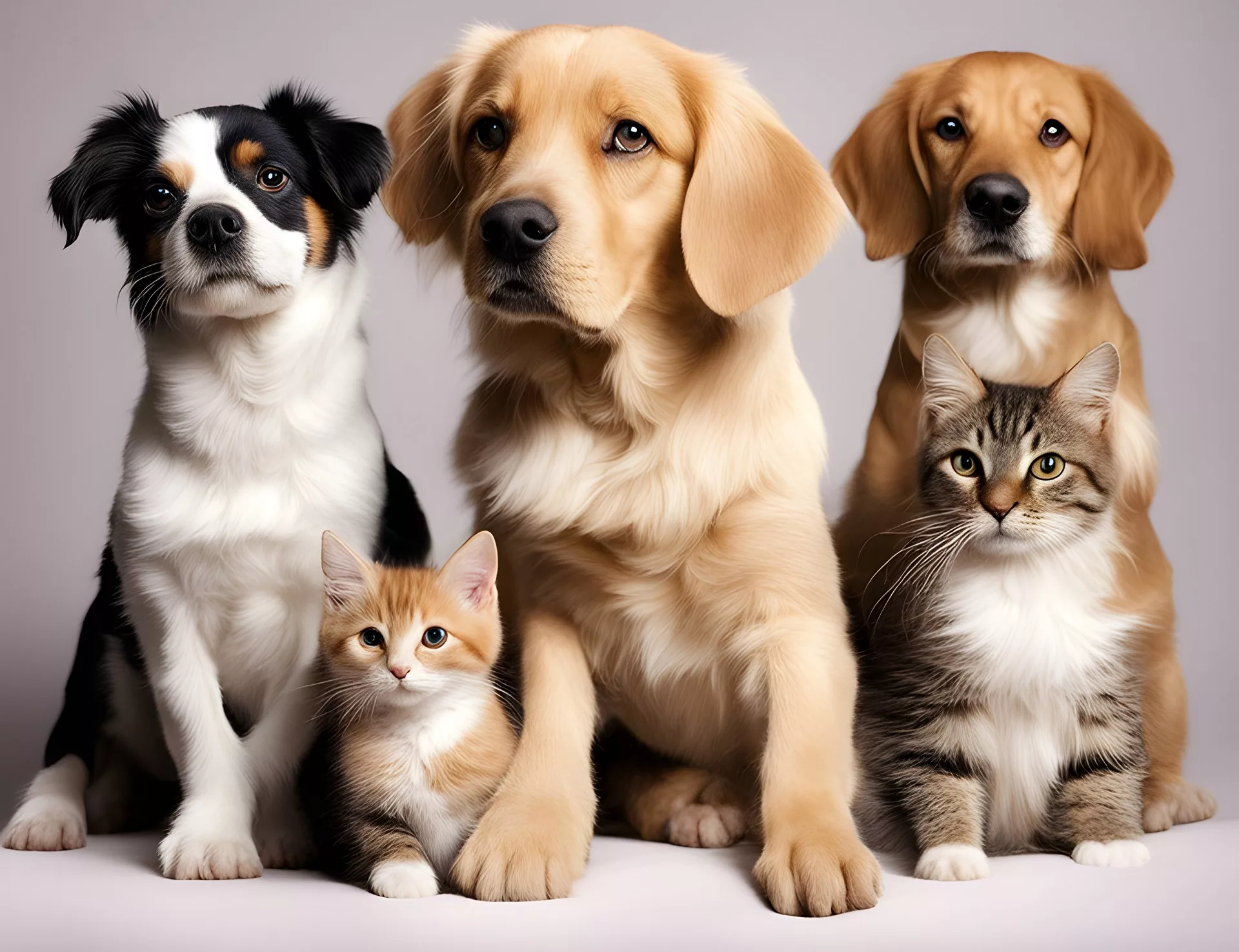What Do Kittens Eat?
Welcoming a new kitten into your home can be an exciting and rewarding experience. One crucial aspect of kitten care is understanding what to feed kittens and how to ensure they receive the right nutrition to support their growth and development. Proper feeding practices, including scheduled feedings of both wet and dry cat food, are essential for your kitten’s health and well-being.
How to Feed Your Kitten
When it comes to feeding your kitten, it’s important to establish a proper feeding schedule to meet its nutritional needs. Newborn kittens require frequent feeding intervals due to their small size and high energy requirements. A feeding schedule for newborn kittens may involve feeding every few hours with kitten formula if they are less than 4 weeks old and rely on their mother’s milk or an appropriate substitute for nourishment.
Types of food suitable for kittens include specially formulated kitten food that provides the essential nutrients they need for healthy growth. You can start transitioning kittens from milk to solid food, such as specially formulated kitten food, as they grow past the initial weeks old mark. This process, known as weaning, should be done gradually to avoid digestive issues.
Understanding Kitten Nutrition
Knowing your kitten’s nutritional needs is crucial for providing the proper diet, especially during the first few weeks old when growth is most rapid. Kittens require a protein, essential fats, vitamins, and minerals diet to support their rapid growth and development. Consulting a veterinarian for feeding advice can help ensure your kittens and cats receive a balanced and appropriate diet tailored to their growing needs.
The recommended diet for kittens of different ages varies to meet their evolving nutritional requirements. Young kittens up to 8 weeks of age may need a diet that is easily digestible and high in protein. Adjusting the feeding routine based on age and growth stage is essential for their overall health.
Feeding Guidelines for Young Cats
How much to feed a kitten depends on age, size, activity level, and whether you’re feeding wet or dry cat food. Balancing wet and dry food in your kitten’s diet can provide a mix of textures and flavors while ensuring they stay hydrated. Additionally, always ensure fresh water is readily available to keep your kitten well-hydrated.
Choosing the Right Kitten Food
When selecting kitten food, consider the quality criteria to ensure it meets your kitten’s nutritional needs. Differentiating between adult cat food and kitten food is essential as the latter contains specific nutrients tailored for growing cats. High-quality kitten food offers benefits such as better digestion and overall health for your furry companion.
Feeding Tips for Healthy Kittens
Monitoring what your kittens eat and drink, and ensuring they transition from milk to canned food or dry food appropriately, is essential to ensure they receive the proper nutrition. Feeding frequency for kittens of different ages may vary, so following a feeding guide recommended by your veterinarian is necessary. Avoid common feeding mistakes that could potentially harm your kitten’s health, including not providing specialized kitten food during their first 4 weeks of transition to solid food.
What should I feed my young kitten?
When it comes to feeding your young kitten, it is essential to provide a balanced kitten food that meets their nutritional needs. Opt for cat food specifically formulated for kittens to support their growth and development.
How often should I feed my kitten?
You should feed your kitten small meals multiple times a day, as kittens have high energy needs. A good schedule is to offer feedings around 4 times a day for younger kittens, gradually decreasing to 2-3 times a day as they grow.
Is dry food or wet food better for kittens?
Kittens can benefit from a combination of dry food and wet food in their diet. Dry food helps maintain dental health, while wet food provides hydration and variety. Consult your veterinarian for recommendations.
How do I wean my kitten onto solid food?
Weaning kittens onto solid food should be a gradual process. Start by mixing solid food with mother’s milk replacement or wet food, gradually reducing the liquid until the kitten is solely on solid food.
What is the best way to transition my kitten to adult cat food?
When transitioning your kitten to adult cat food, do it slowly over a period of 7-10 days. Mix increasing amounts of the adult cat food with the current kitten food to help prevent digestive upset. 









